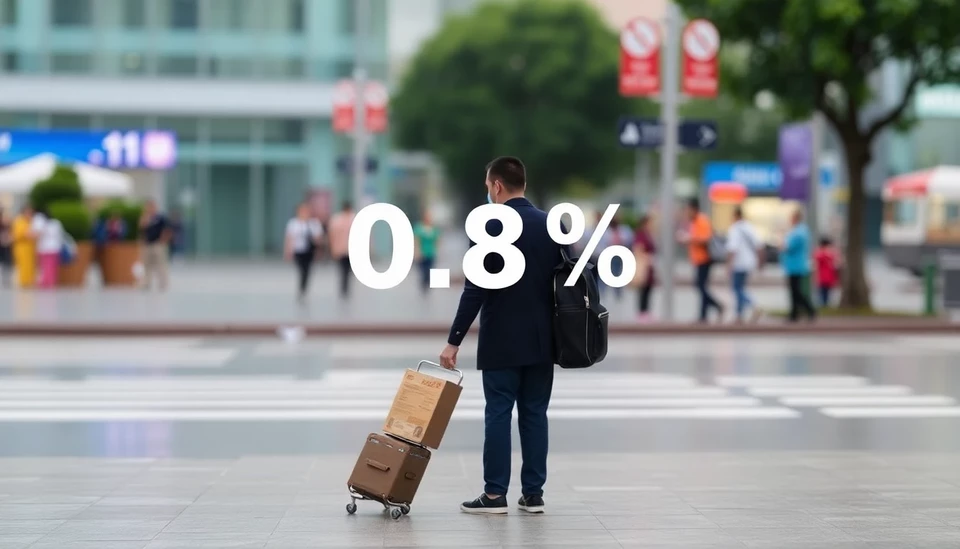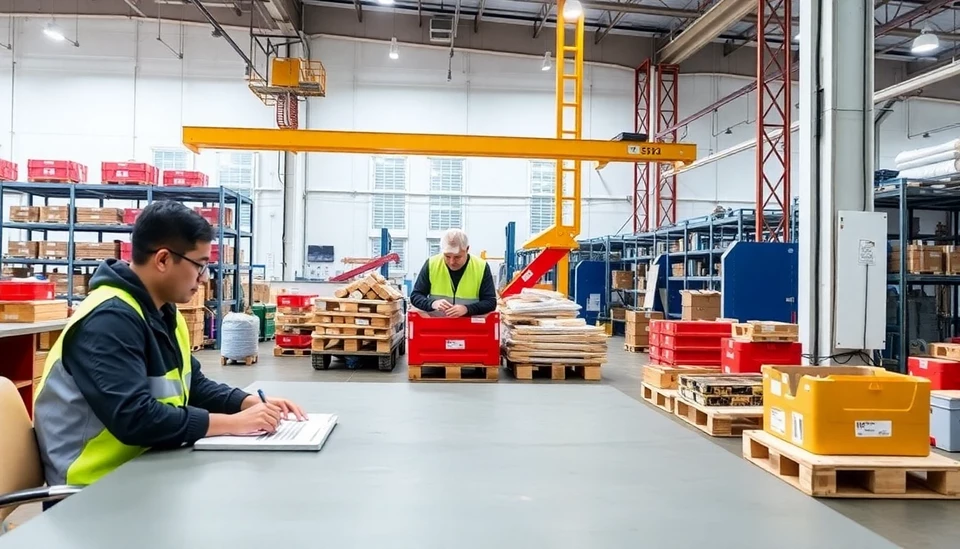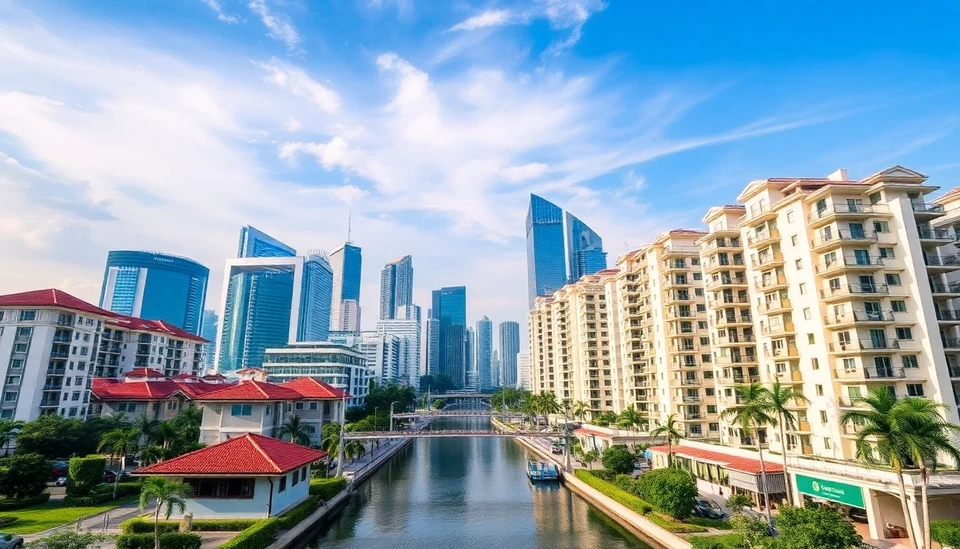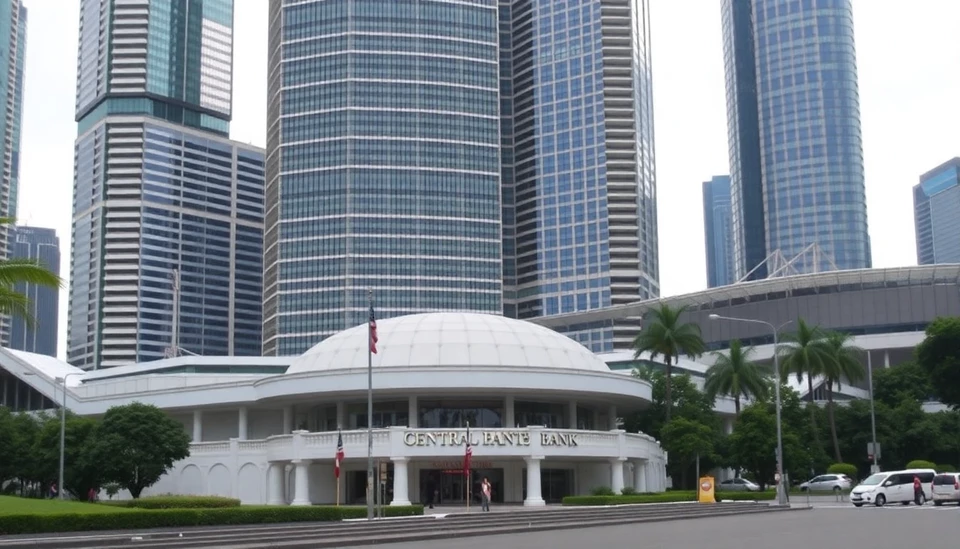
In a noteworthy turn of events, Singapore's core inflation saw a reduction to 0.8% in January 2025, according to rebased data released by the Monetary Authority of Singapore (MAS). This decline marks a stark contrast to the previous year's figures, providing insight into the nation's evolving economic landscape amidst ongoing global challenges.
The MAS identified that this 0.8% figure is the lowest core inflation rate reported since late 2021. The core inflation excludes the costs of private transport and accommodation, which could often fluctuate dramatically due to external economic pressures. Within the context of Singapore's financial environment, this decrease in core inflation has raised questions about the factors influencing price stability and consumer spending.
In addition to the core inflation statistics, the overall Consumer Price Index (CPI) also displayed a notable deceleration, with February's headline inflation coming in at 1.5%. This is a significant reduction from previous months and suggests that various sectors within the economy are starting to stabilize after the effects of global supply chain disruptions and pandemic-related challenges.
Analysts attribute this trend to multiple factors, including a strong local labor market and a gradual normalization of supply chains, which have alleviated some price pressures. Furthermore, with the easing of certain commodity prices globally, officials expect that inflation rates could continue to trend downward in the upcoming months.
While the MAS remains cautious about predicting future inflationary trends, it acknowledges that global economic uncertainties still pose risks. The authority is committed to monitoring these changes closely as it aims to maintain price stability moving forward.
Policymakers in Singapore are encouraged by these trends, as steady inflation rates can support consumer spending power, leading to a more robust economic recovery. The government remains focused on ensuring that the economy can adapt to any potential shocks while fostering an environment conducive to growth and stability.
As we progress through 2025, all eyes will be on the Singaporean economy to see if these improving trends in inflation will persist or if unforeseen factors might complicate the economic outlook.
In conclusion, the 0.8% core inflation rate recorded in January serves as a promising sign for Singapore's ongoing economic recovery, indicating that both local and global factors are aligning to foster more stable price conditions.
#Singapore #Inflation #EconomicRecovery #CoreInflation #ConsumerPriceIndex #MAS #PriceStability
Author: Rachel Greene




